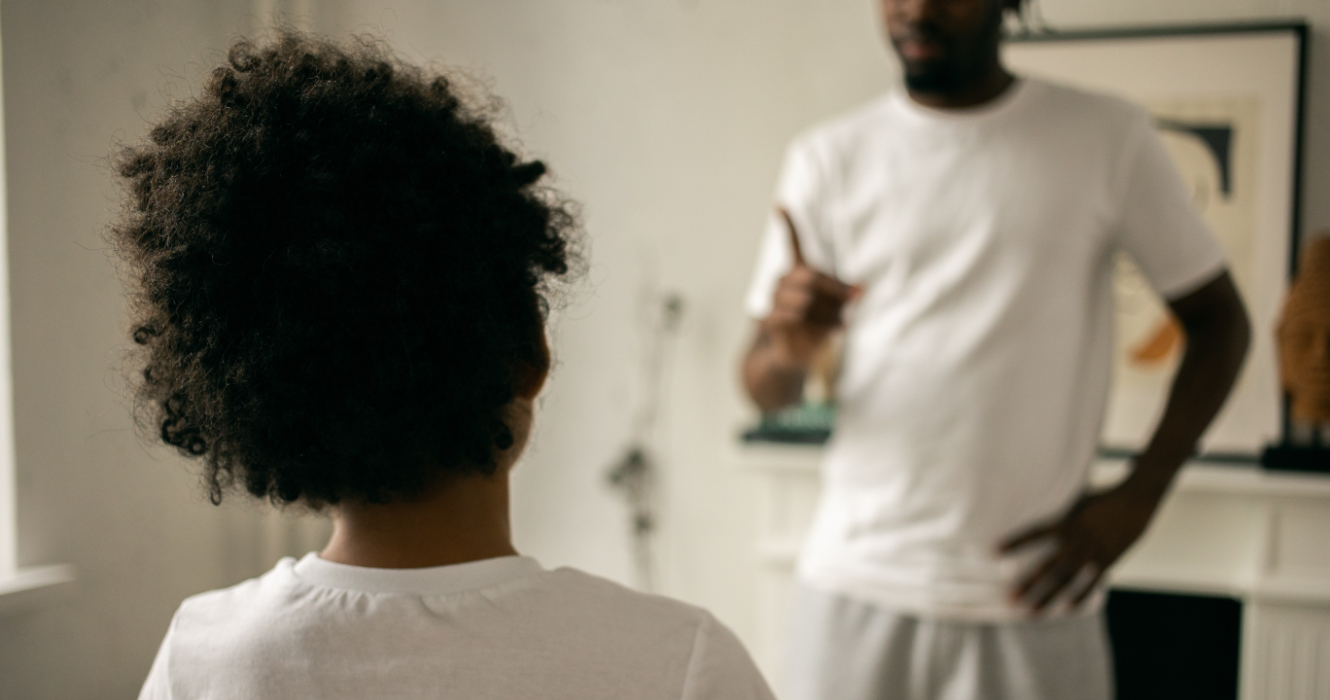“There is ‘discipline’ in the sense of intrinsically motivated, wholeheartedly pursuing and working at something that you live for. Then there is ‘discipline’ in the sense of coercive control. These are two totally different things.”
– Sarah Fitz-Claridge
“If we don‘t discipline children surely they will grow up lacking discipline?”
“Surely children need discipline to teach them self-discipline?”
There’s an equivocation in the way the word “discipline” or “self-discipline” is used.
On the one hand, there’s the idea of the kind of self-discipline people have when they are driven to become doctors, which, I’m told, involves going through very intense training and studying and saving patients’ lives day in day out despite being in a state of extreme sleep deprivation.
I once had a friend whose reason for being was to become a doctor. She was never free to get together, because when she wasn’t in the hospital seeing patients, she was studying, and she was regularly so sleep deprived it seemed quite shocking to me. So on one occasion, I queried her decision to put herself through that torture, and suggested that she might prefer to relax and do something requiring less all-consuming self-discipline; and she said something like, “No way! This is what I LIVE for!”
On the other hand, there is “discipline” in the sense of forcing unwilling children to do things they hate, such as forcing children to practise playing the piano, or subjecting them to years of school against their will.
There is “discipline” in the sense of intrinsically motivated, wholeheartedly pursuing and working at something that you live for. Then there is “discipline” in the sense of coercive control. These are two totally different things.
Being noncoercive including not being self- coercive in no way implies never choosing a difficult path like going through the intense, gruelling, training to become a doctor, concert pianist, professional MMA fighter, or an Olympic athlete. It just means that such paths are freely chosen rather than forced on the child by a parent.
There’s a world of difference between choosing to pursue something you know is going to test you to the limits and stretch you and you aren’t sure how on earth you are going to succeed but you are fully committed and going for it—no way you are giving up—and on the other hand, overriding your wishes.
Something can be super hard and yet part of the thing that makes it exciting and valuable to you is precisely that it seems so hard and so valuable.
Unless someone is in fact wholeheartedly choosing the tough path they are on, there’s a risk it will be a disaster anyway.
Of all the millions of children miserably subjected to piano lessons for years and years of their lives, there is only about one who becomes a concert pianist. The rest are left with an abiding aversion to playing the piano, or at best no interest in it. What a colossal waste of all that time. Parents and teachers do honestly believe that they are doing the right thing, but what this coercion does is to impede the growth of knowledge through which all improvement and progress of all kinds happens.
See also:
- “What if my child wants me to help her murder someone?”
- Herbert Spencer on children’s rights
- The One Flew Over The Cuckoo’s Nest school of parenting
Sarah Fitz-Claridge, 2022, Taking Children Seriously FAQ: ‘“Surely children need discipline to teach them self-discipline?”’, https://takingchildrenseriously.com/surely-children-need-discipline-to-teach-them-self-discipline/
